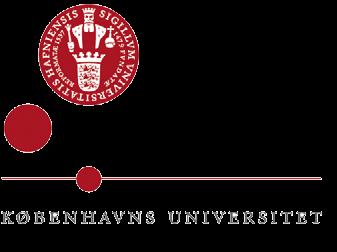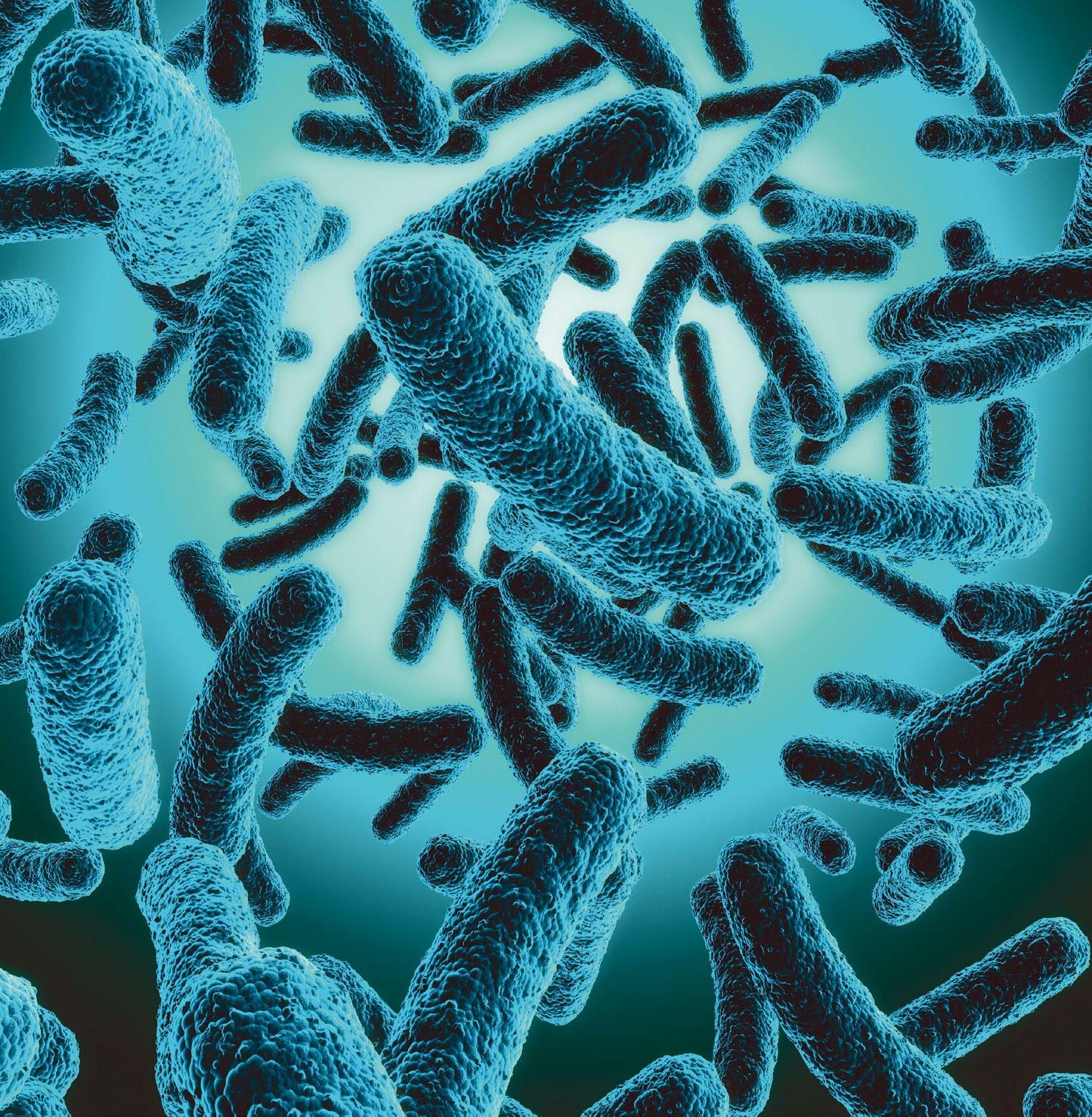
8 minute read
TRAIN-ASAP
Training the next generation of scientists in antibiotic drug discovery
Antibiotic resistance is a global threat to public health. There is an urgent need to discover new antibiotics as well as to develop alternative solutions for treatment of bacterial infections. TRAIN-ASAP is a Marie Curie Initial Training Network dedicated to the scientific and professional training of 12 young scientists in this area. The goal is to train the next generation of scientists able to bring new antimicrobial products to the market
The health burden of antibacterial resistance is rapidly increasing, as illustrated by the emergence of new strains that are resistant to multiple drugs, leaving both doctors and veterinarians with limited options to treat certain infections. Developing new antibiotics and non-antibiotic alternatives to kill resistant bacteria requires a new generation of trained personnel, which is the primary goal of the Marie Curie Initial Training Network TRAIN-ASAP (www. train-asap.eu). “TRAIN-ASAP is, first and foremost, a training programme”, says the project coordinator Prof. Luca Guardabassi, University of Copenhagen. “Our goal is to meet the demand for a new generation of scientists in this area through a unique training experience combining both academic and industrial work experience.”
The TRAIN-ASAP consortium is composed by four Universities (Copenhagen, Madrid, Wageningen and Warwick), the Veterinary and Agrochemical Research Centre in Brussels and three private companies, including one of the largest pharmaceutical company in the animal health sector (Zoetis, ex Pfizer Animal Health) and two SMEs (Ktedogen in Milan and Da Volterra in Paris). The three industrial partners are actively involved in the training activities by providing their expertise in drug development and marketing. “In the private sector there is an urgent need for competent scientists able to design and carry out innovative research in the area of antimicrobial discovery. We – academics – need the industry’s pragmatism to make sure that our research has a positive impact on the society, without wasting energies and resources on ideas that have limited or no potential impact. This is a win-win situation” says Luca Guardabassi.
The research training programme ranges from discovery of new natural or synthetic antibacterial drugs to optimization of antibiotic dosage and formulation. “We look for novel antibiotics produced by bacterial species that have not been studied before, including unculturable bacteria, as well as for new synthetic antimicrobial peptides. Antimicrobial peptides are small molecules that play an important role in the immune defence of eukaryotic organisms. Analogous compounds with improved antimicrobial activity and stability can be chemically produced in the lab” says Associate Professor Arshnee Moodley, who assists Luca Guardabassi in the coordination of the project.
The TRAIN-ASAP trainee group includes 12 young scientists originating from 9 countries (left to right): Ines Greco (Italy), João Cruz (Portugal), Mara Baldry (Greece), Andreas Hoefer (Germany), Muriel Breteau (France), Alberto Oddo (Italy), Chiara Borsetto (Italy), Rogier Gaiser (The Netherlands), Astrid Larberg (Sweden), Irene Mutuku (Kenya). Missing from the photo are Mouni Abdelli (Algeria) and Carmen Sadaka (Lebanon).
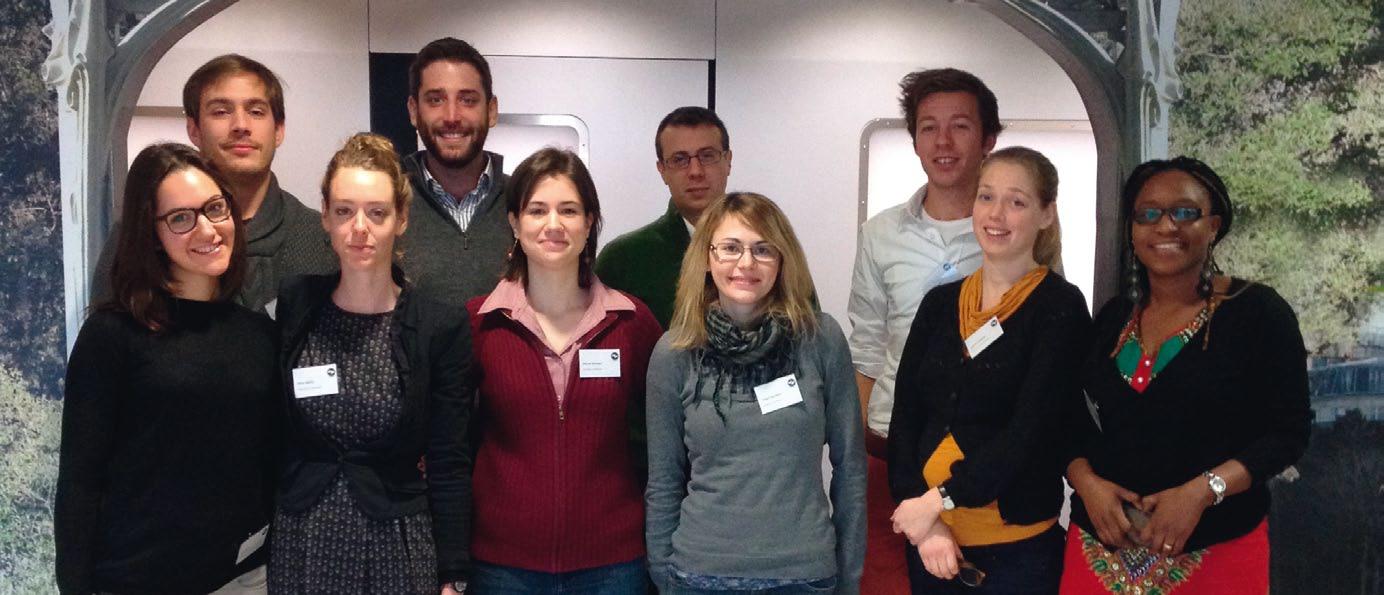
Antibiotic development is a very long and expensive process. Therefore, it is essential to improve or at least preserve the efficacy of existing antibiotics while we are waiting for new ones. “Optimization of formulation and dosage of the existing antibiotics is an essential feature in the fight against antibiotic resistance. The initial studies on antibiotic formulation and dosage were done many years ago. Today we have newer, more sensitive techniques that we can use to increase clinical efficacy and reduce antibiotic selection pressure on the gut microflora.”
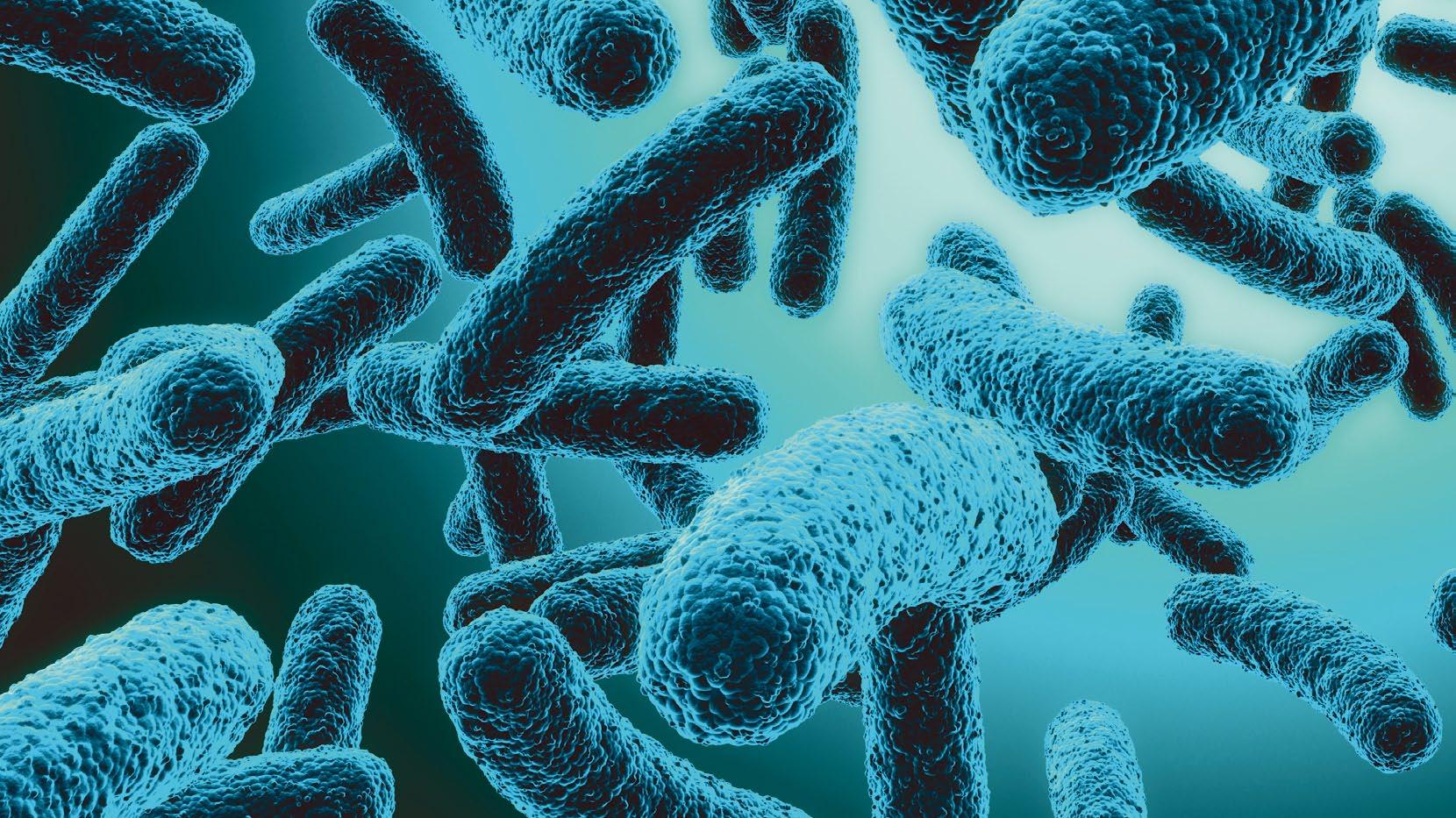
New Antibacterial Strategies
Several new antibacterial strategies are investigated in TRAIN-ASAP. “One of them is called anti-virulence therapy. Here we want to develop drugs able to prevent development of infection,” continues Arshnee Moodley. “For example, if you have Staphylococcus aureus sitting happily in your nose, it doesn’t necessarily mean it’s going to cause infection. Something has to trigger the bacteria to suddenly start producing all of the factors that are required to cause infection. One way to fight bacteria is to prevent infection by inhibiting expression of certain virulence genes and toxins.”
A unique aspect of TRAIN-ASAP is the One-Health approach used to tackle the problem of antibiotic resistance. Use of antibiotics in animals is regarded as a possible source of antibiotic resistance in humans. In order to reduce veterinary use of antibiotics, some of the TRAIN-ASAP fellows are engaged in the discovery of alternative antibacterial solutions for treatment of bacterial infections in animals.
Phage therapy, for example. “Bacteriophages are viruses that specifically infect and kill bacteria. In the past they have been widely used for antimicrobial therapy in the former Soviet Union. Today, with the problem of rising antibiotic resistance, researchers are looking at the therapeutic potential of phages again. In TRAIN-ASAP we want to develop two distinct phage cocktails to kill multidrug-resistant bacteria in dogs and poultry, respectively” says Arshnee Moodley. “We use cocktails because bacteria are super smart. If you apply a selection pressure, they evolve and readily develop resistance genes by either mutation or horizontal gene transfer. They’re evolving and finding ways to beat us, so we’re always on the lookout for new ways to beat them.”
This is very much an ongoing challenge. Bacteria adapt and evolve to their circumstances. In order to circumvent this problem, some of the TRAIN-ASAP fellows are trying to develop novel ways to target them. “Traditionally antimicrobial research
Bacteria are constantly evolving; every time you apply a pressure they will find a way to beat it, so we’re
has focused almost exclusively on the discovery of new antibiotics able to kill bacteria. Now we’re looking at ways to prevent the resistance mechanism from being expressed. The key question is: can we block the protein or enzyme conferring resistance to restore antibiotic susceptibility?” she outlines. Thus, while some fellows are looking at developing compounds that specifically target bacterial resistance mechanisms, others are working on new compounds without prior knowledge of their mode of action. “Sometimes it can be extremely difficult to understand how bacterial
© University of Copenhagen
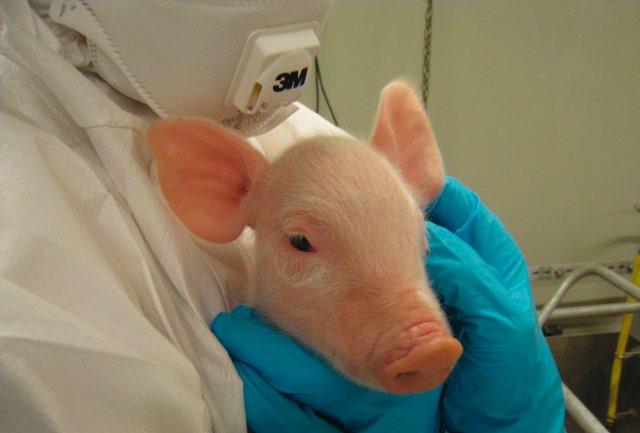
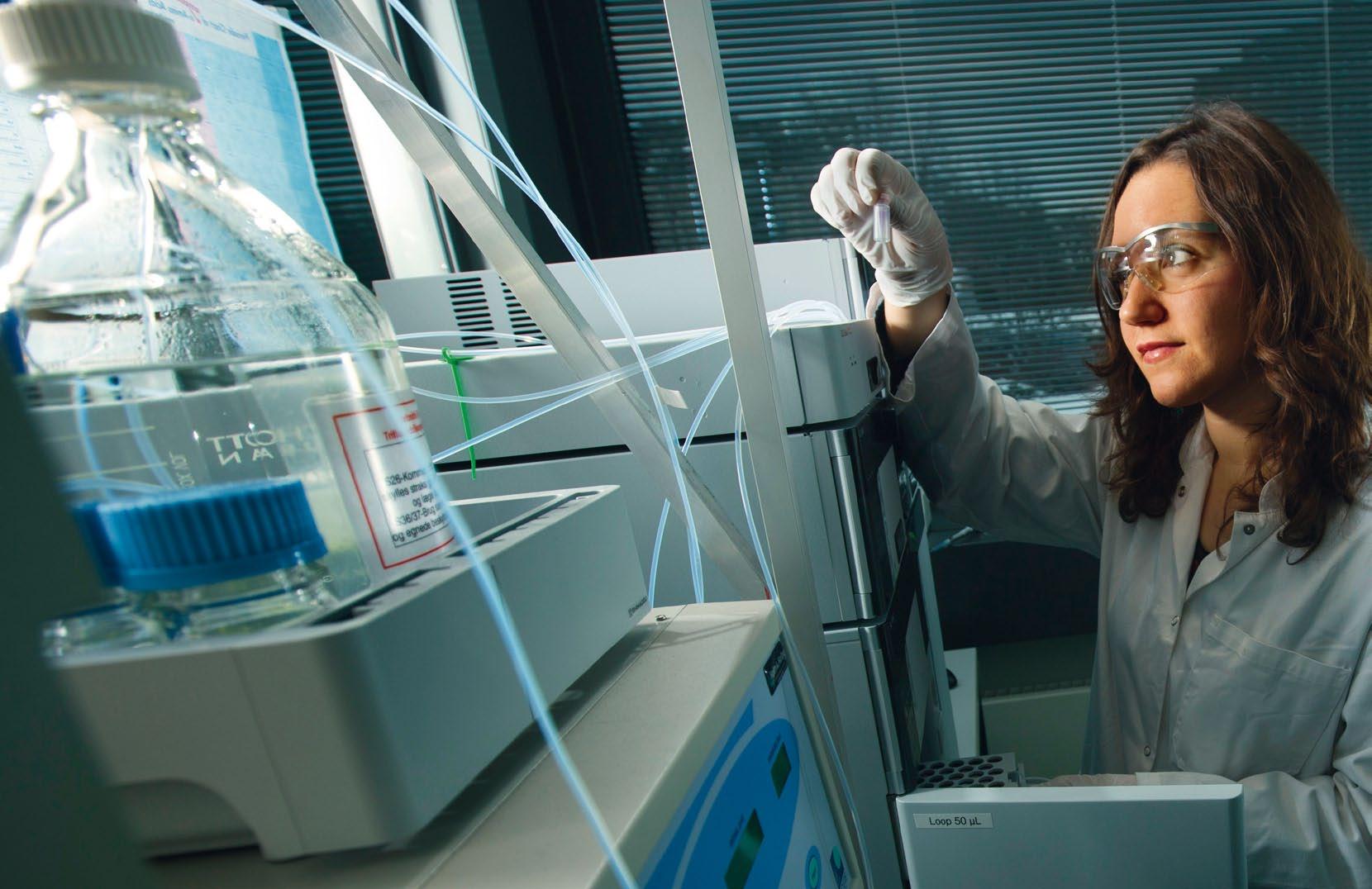
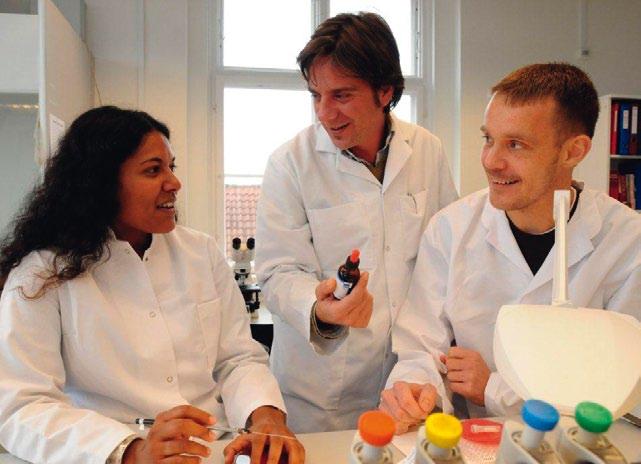
resistance has developed. Figuring out the actual resistance mechanism can be very complex – it can take years,” says Arshnee Moodley. “So there are two strands to our work – we’re using the knowledge we have to identify possible targets for development of new antimicrobial compounds and at the same time we’re also developing drug leads with unknown mechanism of action – we just know that they kill the bacteria.”
Beyond Scientific Training
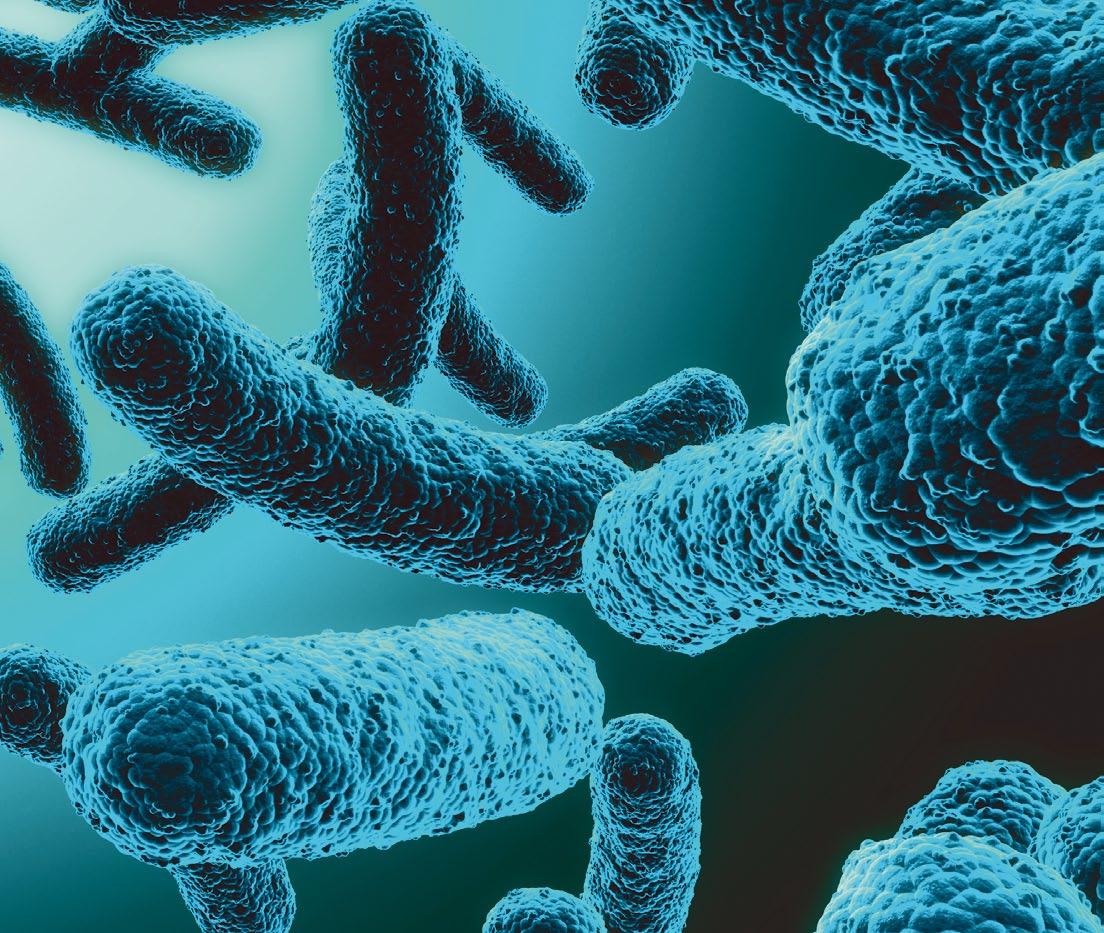
The TRAIN-ASAP research programme includes not only scientific training, but also training in regulatory issues and other areas related to antibiotic approval and marketing. “Laboratory training is only part of the training programme. The fellows spend periods of training at the partner pharmaceutical companies to get hands on experience with legal and economic constraints related antibacterial drug discovery” continues Arshnee Moodley. “How do you get an antibiotic approved for human or veterinary use? How long and expensive is the process that brings new drugs from discovery to market? We think it’s really important that the fellows understand the complexity of the development and regulatory processes behind approval of new antimicrobial drugs. It’s not just about what they do in the lab”
The background to this work is the increasing concern around the issue of antibiotic resistance. We all develop infections at some point in our lives, and antibiotics are a crucial tool in treating them. “Since they were introduced around seventy or so years ago, antibiotics have led to a great increase in life expectancy. So they’re vitally important,” stresses Arshnee Moodley. However, the fight against resistant bacteria must encompass a wide range of actions and cannot be limited to development of new antibacterial products. “Rapid diagnostic tests to discriminate between bacterial and viral infections would represent an invaluable help to rationalize antibiotic prescription in primary health care and veterinary medicine. We also need to educate all parts involved (prescribers, patients, farmers and companion animal owners) that certain infections, such as viral or self-limiting infections, should not be treated with antibiotics.” These educational aspects and complementary skills related to communication, entrepreneurship and intellectual property rights are also covered in the training programme of TRAIN-ASAP.
Full Project Title
Training and Research Aimed at Novel Antibacterial Solutions in Animals and People (TRAIN-ASAP)
Project Objectives
The objective of this TRAIN-ASAP is to fill the current gap between existing infections due to resistant bacteria and the strong need for alternative solutions to combat antibiotic resistance in both humans and animals.
Project Funding
TRAIN-ASAP is funded by the Marie Curie Actions under the Seventh Framework Programme for Research and Technological Development of the European Union.
Project Coordinator
Professor Luca Guardabassi
Project Partners
• Professor Patrick Butaye, Veterinary and
Agrochemical Research Centre • Dr Stefano Donadio, Ktedogen • Dr Florence Séjourné, Da Volterra • Dr Jeffrey Watts, Zoetis • Professor Bruno Gonzalez Zorn, Universidad
Complutense • Professor Elizabeth Wellington, University of
Warwick • Professor Jerry Wells, Wageningen University
Contact Details
Associate Professor, Arshnee Moodley MSc (Med), PhD Department of Veterinary Biology University of Copenhagen Stigbøjlen 4, DK - 1870 Frederiksberg T: (+45) 35 33 27 11 E: asm@sund.ku.dk W: www.train-asap.eu
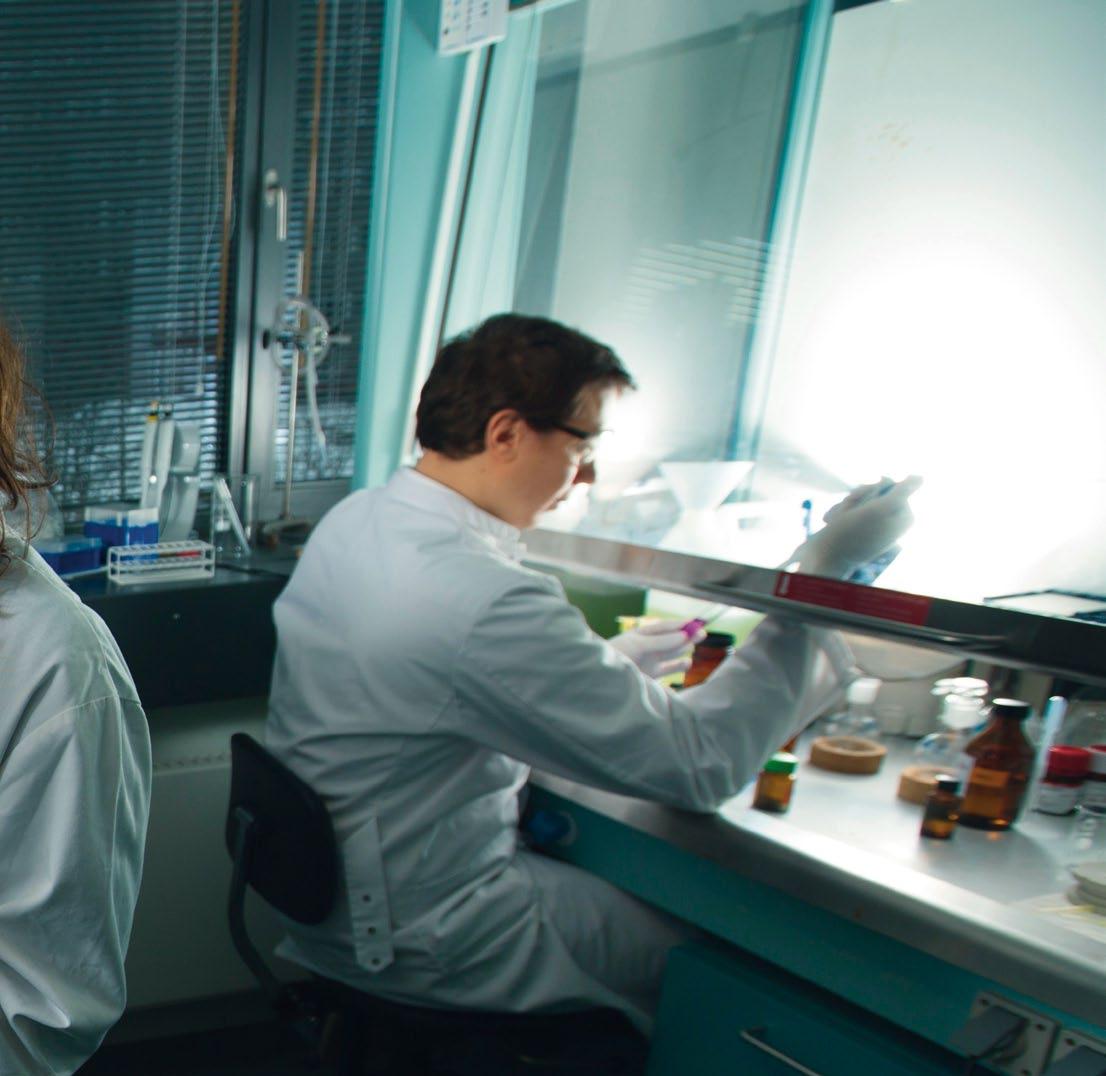
Arshnee Moodley MSc (Med), PhD
Arshnee Moodley is an Associate Professor in Antimicrobial Resistance at the Department of Veterinary Disease Biology, University of Copenhagen. Her research area is evolution and spread of antimicrobial resistance between animals and humans and more recently investigating non-antibiotic alternatives to treat infections caused by multi-drug resistant bacteria.
